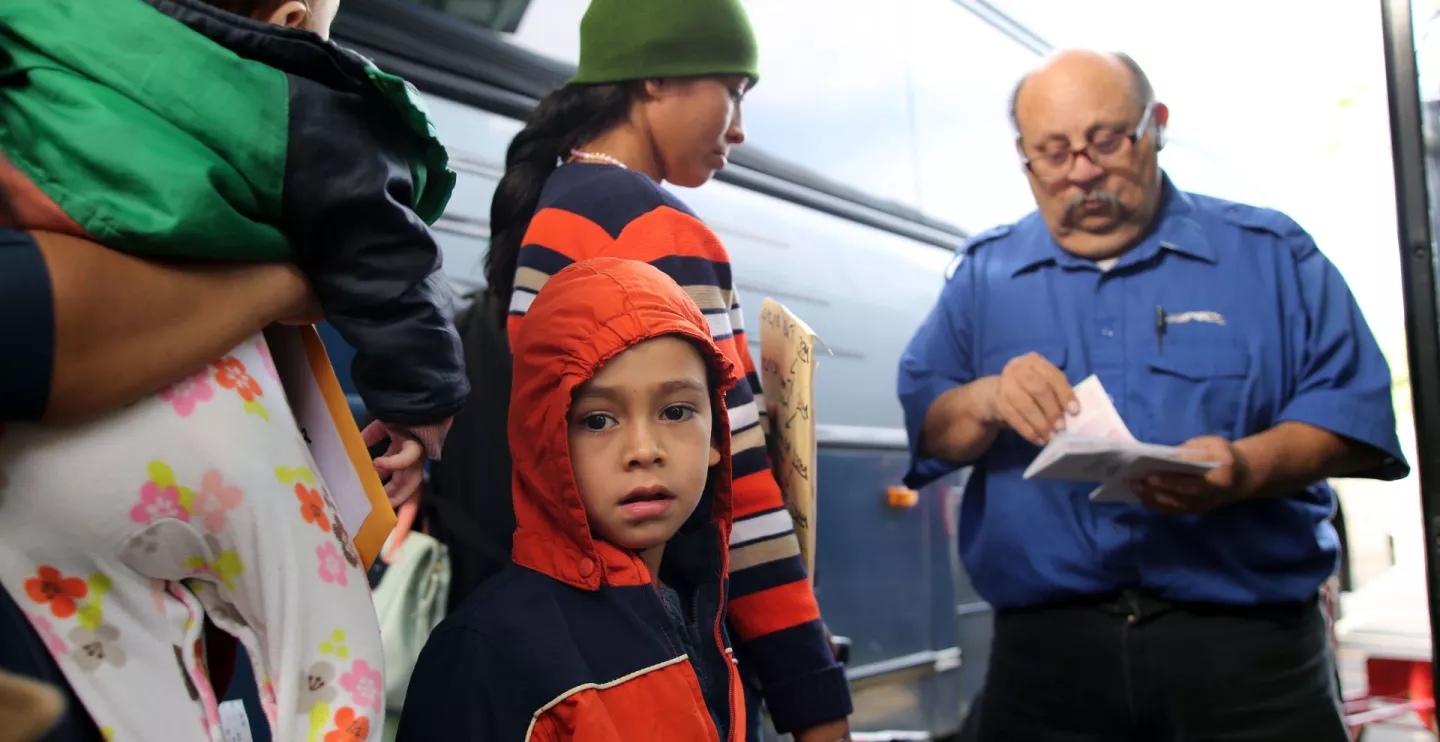Summary
Summary: Latinx and Asian immigrants, California’s two largest immigrant groups, face barriers to health care and experience worse health outcomes compared to U.S.-born Californians. This is in part due in part to restrictive immigration policies that permit local law enforcement (e.g., police, sheriffs) to collaborate with immigration enforcement authorities in the surveillance, policing, and deportation of noncitizens.
Authors used data from the Research on Immigrant Health and State Policy Study (RIGHTS) to examine Latinx and Asian immigrants’ experiences with local law and federal immigration enforcement policies and practices in three California regions, Bay Area (n=305), Los Angeles and Southern California (n=989), and the San Joaquin Valley (n=141). The survey is a follow-up to the 2018 and 2019 California Health Interview Survey (CHIS). Respondents were asked if they had ever experienced any of six different encounters with surveillance, policing, or deportation by law enforcement, including local police, sheriffs, or immigration enforcement authorities.
Findings: Findings indicate that restrictive immigration policies have different impacts across California regions and immigrant groups. Higher proportions of respondents reported direct experiences with immigration and law enforcement in the San Joaquin Valley compared to the Bay Area and the Los Angeles and Southern California regions. The most common experience among respondents across the three regions was knowing someone who had been deported. Across all regions, Latinx immigrants reported a higher proportion of law enforcement experiences compared to Asian immigrants.
Read the Publications:
- Fact Sheet: Latinx and Asian Immigrants Across California Regions Have Different Experiences with Law and Immigration Enforcement
- Infographic
- Press Release




